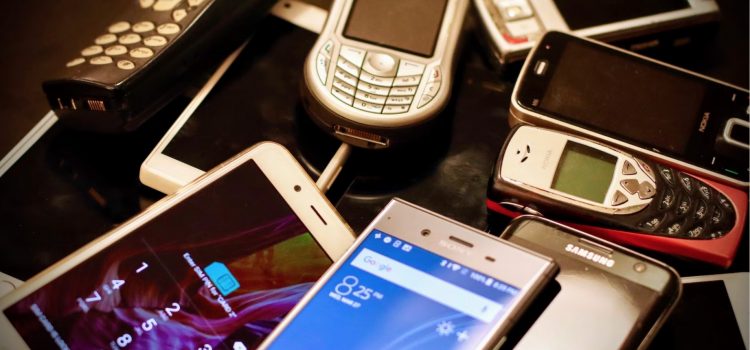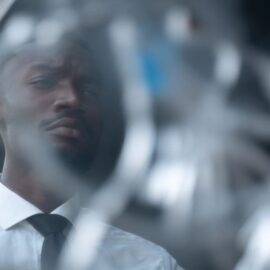

This article is an excerpt from the Shortform book guide to "Build" by Tony Fadell. Shortform has the world's best summaries and analyses of books you should be reading.
Like this article? Sign up for a free trial here.
What led Tony Fadell to a job at General Magic? Why did the smartphones from Philips fail to sell well?
In his book Build, entrepreneur Tony Fadell outlines his career trajectory. He talks about how he failed to build a smartphone several times before finally hitting it big with the iPhone. He refers to that time in his career as a “decade of failure.”
Read more to learn about Tony Fadell at General Magic and Philips.
Tony Fadell at General Magic & Philips
For Tony Fadell, General Magic was the first major stop on his career path. In the early 1990s, his passion for computers led him to a job at General Magic with the software industry’s leaders. Fadell was thrilled to be building Magic Link, a then-revolutionary handheld computing device that would let users connect to the internet, play games, and more. (Shortform note: In Outliers, Malcolm Gladwell argues that people who succeed early in life have an advantage, as these early opportunities tend to snowball into larger advantages. Fadell’s career trajectory demonstrates this; much of his later success stemmed from the knowledge he gained and people he met building Magic Link.)
However, Fadell soon realized that the Magic Link was bound to fail: It was directed toward the average American, who had no need or desire for it. He urged company leadership to redesign the product for businesspeople, who would benefit from a handheld computing device. Despite Fadell’s best efforts, company leadership refused, and the Magic Link failed to sell. (Shortform note: What should you do if you have revolutionary technology, like the Magic Link, that’s too early to market and thus unappealing to your target? Fadell looked for other customers by switching industries; other companies have successfully targeted other countries that are more receptive to new technologies.)
In 1995, Fadell quit General Magic and joined Philips—which was on board with Fadell’s idea—as CTO. As a first-time manager, Fadell struggled to manage people effectively and to convince business leadership to go along with his ideas. (Shortform note: Surveys suggest that it’s even harder to be a first-time manager now than it was in Fadell’s time thanks to the prevalence of remote working. Managers’ inability to connect with their team face-to-face and the lack of mentoring from peers and senior managers contribute to burnout—and when managers burn out, so do their teams.)
Despite these challenges, Fadell oversaw the release of the Philips Velo and Nino—essentially business-focused smartphones. Although the products received critical acclaim, they didn’t sell well: Fadell’s team didn’t think through how to market them. Most people shopped at brick-and-mortar stores, which didn’t have a clear aisle in which to sell smartphones. An entirely new product also meant that stores didn’t know how to advertise or sell it.
(Shortform note: Fadell laments this period as a “decade of failure,” due to both his management failures and his failure to build a profitable product. But some experts argue that these failures paved the way for his future success, citing research that suggests most successful entrepreneurs don’t build companies until they’re in their 40s—in part because they’ve learned from their many failures. However, Fadell may not have learned all the lessons that he should have from the failure of the Philips Velo and Nino: He blames their failure to sell on a lack of knowledge on how to market them, but critics at the time found fault with the Windows CE platform the phones operated on, which they deemed unfriendly to users.)
In 1999, Fadell quit Philips to focus on his dream of building a handheld music device. That dream led to a job at Apple, where Fadell built several generations of the iPod and the iPhone and rose through the ranks to Senior Vice President.

———End of Preview———
Like what you just read? Read the rest of the world's best book summary and analysis of Tony Fadell's "Build" at Shortform.
Here's what you'll find in our full Build summary:
- Entrepreneur Tony Fadell's memoir, from the iPhone to Nest
- Advice for succeeding in every stage of your career, from beginners to CEOs
- Tips for building a product-based business and a great team






